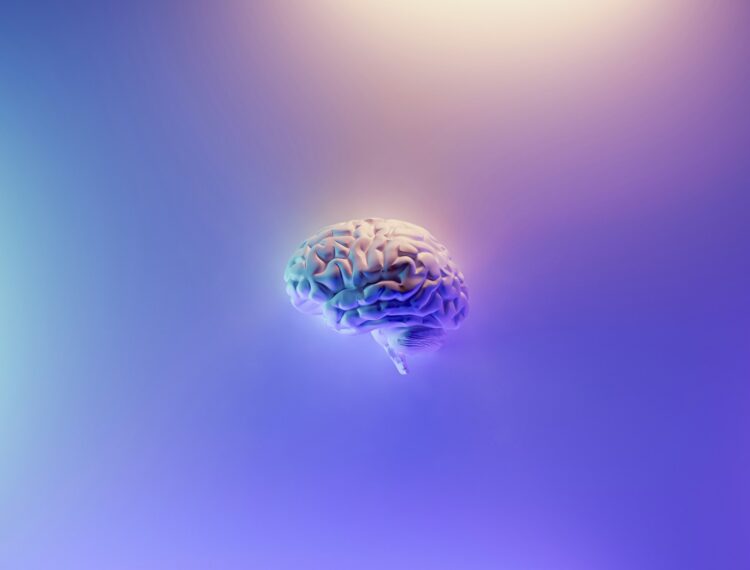Without a doubt, there’s so much going through our minds each and every day. So, it can be hard to decide what to tune into — and even harder to decide what to tune out. Fortunately, one neuroscientist has some advice on three key things you shouldn’t do if you want to protect your brain.
Emily McDonald is a Miami, Florida-based neuroscientist

Emily, AKA emonthebrain, is a neuroscientist that started a TikTok channel to help educate people about how the brain works, including what can be unhealthy for our minds. She’s known for breaking her advice into simple steps that people can easily understand and relate to.
Plus, she’s super great about answering the burning questions her followers have about the brain!
There are 3 things she would NEVER do
Embed from Getty ImagesIn a thoughtful TikTok video with the caption, “Do not do these things if you care abt your brain,” Emily shares some common habits that can really mess our brains up.
She addresses how technology consumption, self-image, and diet can give our brains bad signals.
1. Do not go on your phone when you wake up in the morning
Embed from Getty ImagesSo many people are guilty of this one (us included!). But whether it’s texting, doom scrolling on social media, or something else — waking up to your phone is no bueno!
“Whenever you wake up in the morning, your brain waves transition from theta to alpha,” Emily said.
“This means that our subconscious mind is in a more programmable state. The content that you consume during this time will have a greater impact on your mindset. And messes up our dopamine for the rest of the day, so that we continue to check our phones,” she added.
Other professionals agree
Embed from Getty ImagesJay Rai, a psychologist specializing in the neuroscience of mental health, also asserts on Forbes that reaching for our phones right after we wake up can distract us from various stimuli for the rest of the day.
We force our brains out of the sleeping and waking stages too quickly and become alert and stressed almost instantly.
2. Avoid negative self-talk
Embed from Getty ImagesIn so many cases, we can be our own toughest critics. It’s exhausting, especially when the world is already a pretty tough place. According to Emily, negative self-talk is not something our brains process well.
“What you say to yourself matters,” she said, adding that the more we put ourselves down, the more those negative signals get wired into our brains.
The impacts of negative self-talk can be brutal
Embed from Getty ImagesWhile some may think that negative self-talk is all just in our heads, its impacts can go far beyond what we may imagine. A 2021 study from the National Library of Medicine expresses that positive self-talk can improve cognitive functioning while negative self-talk can make certain people less confident, motivated, and more likely to suffer from anxiety.
With all that said, the data on how self-talk impacts people continues to evolve in its complexity.
3. Stop eating highly processed foods
Embed from Getty ImagesWhile many people indulge in junk food or microwave dinner every now and then, Emily says that highly processed foods are a no-go for her.
“What you eat impacts your brain,” she said,
“Highly processed foods lead to brain aging–and we don’t want that!” she added.
Here’s how highly processed foods can cause brain aging
Embed from Getty ImagesThe Center for Cognitive Aging and Memory Clinical Translational Research explains that “eating ultra-processed foods may exacerbate age-related cognitive decline” because it lack the nutrition that our bodies need to thrive and, instead, have harmful preservatives and additives.
The study also says that other factors like genetics play a key role in our cognitive aging.
It may help to be mindful about each tip
Embed from Getty ImagesWhen it comes to life decisions, it seems vital for everyone to figure out what works best for them. Emily’s tips introduce some principles that lead her in life as a neuroscientist. However, everyone has their own unique health journey that may call for different rules to live by.
Emily’s advice could be a refreshing food for thought that makes us dig a little deeper about our own health.
What do you think?
Embed from Getty ImagesDid Emily’s advice resonate with you or sound off for some reason? Let us know what you think in the comments!



















































